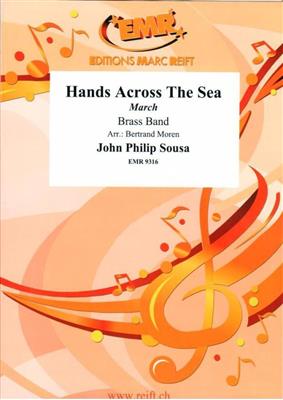We've found 768 matches for your search. Order by
Results
-
£69.95
A Malvern Suite - Philip Sparke
Estimated dispatch 5-14 working days
-
£37.95
White Christmas - Philip Sparke
Estimated dispatch 5-14 working days
-
£74.95
Between the Moon and Mexico - Philip Sparke
Estimated dispatch 5-14 working days
-
£89.95
Prelude, Toccata & Fugue - Philip Sparke
Estimated dispatch 5-14 working days
-
£40.00
Elemental - Philip Harper
The opening number in Cory Band's 2015 'Four Elements' themed Brass in Concert programme, this piece sets out a mysterious introduction transporting us back to the time of the Greek Philosophers, after which it presents short musical depictions of Fire, Air, Water and Earth. Designed to start your concert with a bang.
Estimated dispatch 5-14 working days
-
 £92.00
£92.00 -
 £100.00
£100.00Can-Can Alla Rossini! - Philip R. Buttall
Estimated dispatch 5-14 working days
-
 £69.60
£69.60Hands Across The Sea - John Philip Sousa
Estimated dispatch 5-14 working days
-
 £68.00
£68.00The Washington Post - John Philip Sousa
Estimated dispatch 5-14 working days
-
 £68.00
£68.00Bullets and Bayonets - John Philip Sousa
Estimated dispatch 5-14 working days
